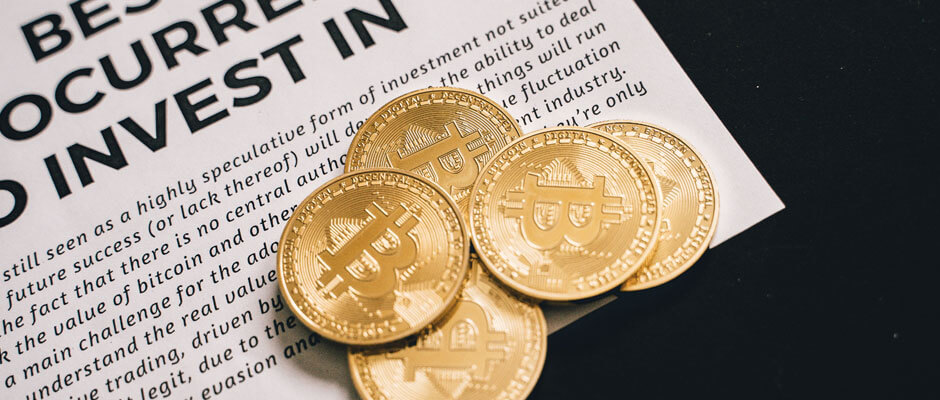Blockchain technology is transforming various industries, and gaming is no exception. As the gaming industry grows, whether through video games or online gambling, ensuring security and transparency has become more critical than ever. Blockchain, with its decentralized and immutable nature, offers a robust solution to these challenges, reshaping the way gamers and developers interact with digital assets, transactions, and game mechanics.
One of the primary ways blockchain enhances security in gaming is through its ability to create a decentralized network. Traditional gaming platforms, whether video games or online casinos, often rely on centralized servers, which can be vulnerable to hacking and data breaches. In contrast, blockchain distributes data across a network of nodes, making it incredibly difficult for malicious actors to tamper with or corrupt the data. This decentralized structure ensures that in-game assets, player data, and transaction records are securely stored and resistant to unauthorized access.
Furthermore, blockchain technology introduces a level of transparency that was previously unattainable in the gaming world. Every transaction, whether it’s the purchase of a rare in-game item or placing a bet on an online casino, is recorded on a public ledger that is visible to all participants. This transparency helps to eliminate fraud and cheating, creating a fairer gaming environment for all players. For instance, in the realm of video games, this means that players can trust that their purchases and rewards are genuinely earned and not the result of manipulation or exploits, providing a sense of reassurance and protection.

In the context of online gambling, blockchain’s transparency is of vital importance, especially for renowned online casino site operators. The technology enables the creation of provably fair games, where the fairness of every spin, roll, or draw can be independently verified by players. This not only enhances player trust but also helps operators distinguish themselves in a highly competitive market. For players, this means peace of mind, knowing that the games they are participating in are not rigged or manipulated.
Beyond security and transparency, blockchain also offers innovative ways to handle digital assets in gaming. For instance, non-fungible tokens (NFTs) are revolutionizing how in-game items are owned and traded. Unlike traditional digital assets, NFTs are unique and can be owned outright by players, allowing them to trade or sell their assets on secondary markets. This opens up new revenue streams for gamers and fosters a sense of true ownership over their digital possessions. Imagine owning a rare sword in a video game, not just as a virtual item within the game but as an asset with real-world value that you can sell or trade across different platforms.

Moreover, blockchain technology empowers players by paving the way for decentralized gaming platforms. Here, players can actively contribute to the development and governance of games. Through the use of smart contracts, gamers can vote on game updates, participate in decision-making processes, and even create and share content that can be monetized. This shift in power dynamics in the gaming industry gives more control to the players, fostering a more community-driven gaming ecosystem and making them feel more involved and influential.
In conclusion, blockchain technology is proving to be a game-changer in the gaming industry, offering unparalleled security, transparency, and innovation. Whether it’s safeguarding digital assets in video games or ensuring fair play in online casinos, blockchain is setting new standards for how games are played and enjoyed. As the technology continues to evolve, we can expect even more groundbreaking developments that will further enhance the gaming experience for players worldwide.




